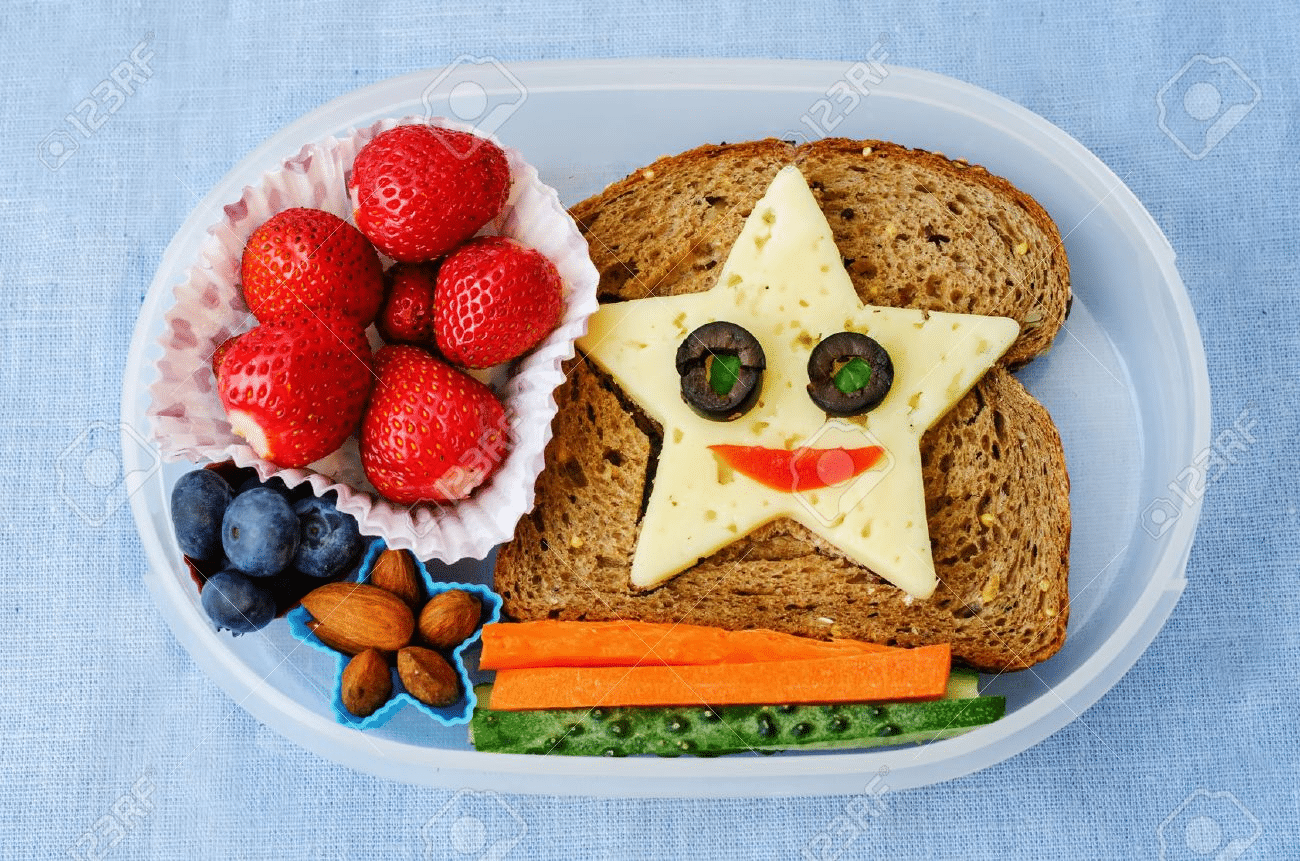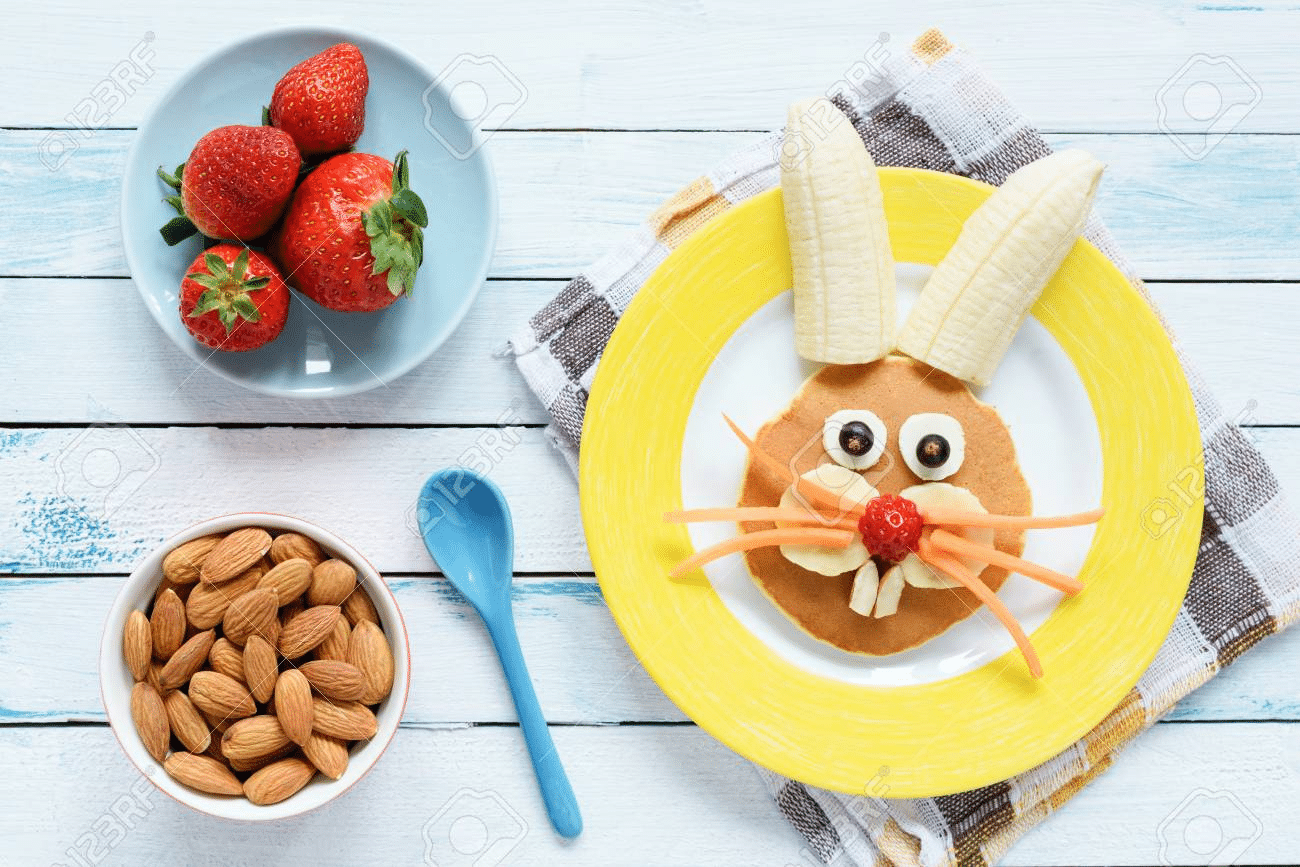
Feeding recommendations for a vegetarian baby and toddler
How to feed a baby a plant-based diet in the first year of life
-
A family on a plant-based diet needs to make sure their vegetarian baby gets enough protein, calories, vitamins and minerals during those first months of life.
Welcoming your beautiful baby: birth
Breast milk is all that is needed for the first 6 months of life.
If you choose to use infant formula, soy formulas are a great option that meet vegetarian and vegan standards.
Introducing infant solids: 6 – 9 months
Your baby is now old enough to start enjoying infant solids. Make sure to feed your baby iron-fortified infant cereals and jarred baby fruits with vitamin C to improve absorption.
Also recommended: fluoride and Vitamin B12 supplements
Table solids with the family: 9-12 months
Introduce a combination of foods that provide complete protein, extra calories, and other nutrients.
For example: Serve grains with beans, offer pasta and beans, and combine rice with beans <<link- LB article about complete proteins>>.
Mini meal time: 1-3 years old
You can now start to make meals for your child that have plenty of beans, whole grains, fruits, veggies, eggs and dairy. (Milk can be substituted for soy milk. Note that not all plant- based milks are appropriate for young children!).
Make sure to offer your toddler:
- Vitamin D and calcium enriched foods
- High iron foods along with foods rich in vitamin C to improve iron absorption
- Vitamin B12 fortified cereals, soy milk, or vitamin B12 supplements
- A complete multivitamin (which also has the minerals needed)
Bottom Line
In the first 6 months of life, a vegetarian baby only needs breast milk or infant formula. Afterwards, foods should be iron rich, offer complete protein, and supply enough calories for your growing child.
Make sure to provide essential nutrients via fortified foods and/ or supplements: vitamin D, calcium, iron, and vitamin B12.
Adapted from Nurturing Nutrition by Dr. Melanie Bezarte and Lucille Beseler, RDN




